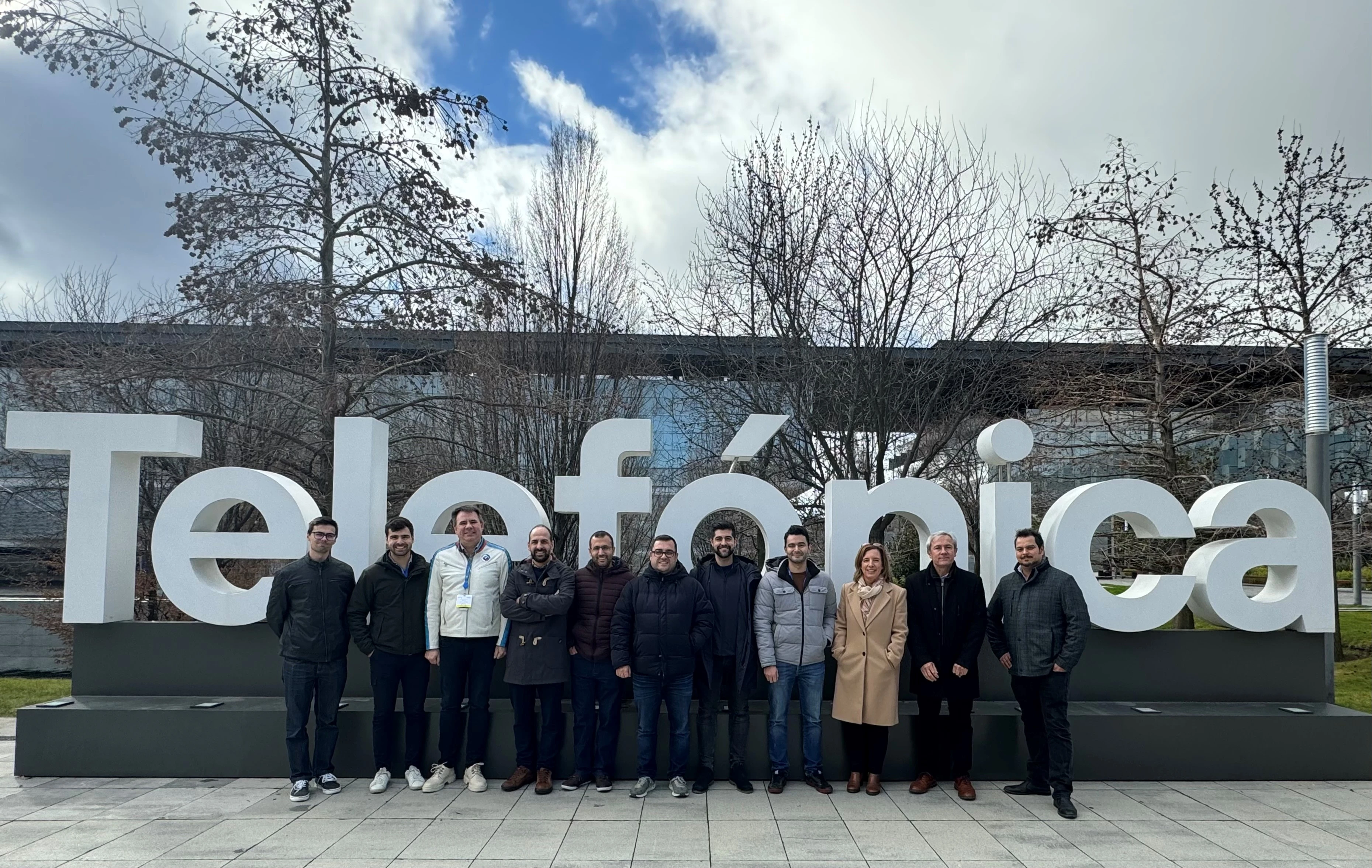
April 25, 2024
The seed code of OpenCAPIF is already available in the ETSI Labs!
OpenCAPIF Release 0.0 is based on 3GPP Common API Framework technical specifications TS 23.222, TS 29.222 and TS 33.122, as well as the yaml templates available in the 3GPP Forge. This release consolidates the code seeds developed during EU research projects Evolved-5G and more recently 6G-Sandbox, offering a complete, standardized, secure and centralized API management platform.
Let’s dive a bit deeper on the capabilities of OpenCAPIF!
Who can benefit from OpenCAPIF capabilities?
Service providers (telecom, content etc.), willing to open their Network Functions to external domain users via APIs in a secure way, can leverage OpenCAPIF as API providers. On the other hand, verticals (e.g. SMEs developing Network Applications) aiming to evolve their services and take advantage of the openness of contemporary networks, can leverage OpenCAPIF as API Invokers and acquire a seamless and standardized access to API providers’ resources.
How can providers and invokers leverage OpenCAPIF Release 0.0 services?
First things first!
Both API Providers and Invokers have to be registered and onboarded in OpenCAPIF. These two procedures, implemented as two separate API services (Register and CAPIF Invoker / Provider Management), turn a candidate user to an acknowledged and eligible provider or invoker of the OpenCAPIF platform, using access token and public-private key authentication methods. After the onboarding, Providers and Invokers can consume the corresponding OpenCAPIF APIs, secured with TLS encryption.
API Providers
API Providers can then use the Publish Service API to upload their API services information to OpenCAPIF, configuring some necessary parameters such as IP address, port, URI, HTTP method, preferred security method etc. and thus exposing their services to Invokers. Additionally, OpenCAPIF offers the Providers the capability to keep track and monitor the invocations of their APIs via Logging and Auditing Service APIs, while also defininig sets of access control policies for them through Access Control Policy Service API. Last but not least, API Providers are informed asynchronously by OpenCAPIF when status updates occur on the Invokers side (e.g. Invoker onboarded or deleted), via the Events Service API.
API Invokers
API Invokers, when successfully onboarded, are able to search for API services, through Discover Service API, using a set of query parameters such as API provider, API name and protocol. Before using an API service, the Invokers have to get an access token from OpenCAPIF (via the Security Service API) which will allow them to consume the specific API from the corresponding Provider. Also, similarly with the API Providers, Invokers can subscribe to the Events Service API in order to be informed on various events e.g. API service availability.
Apart from the capabilities related to API Providers and Invokers, OpenCAPIF Release 0.0 offers also some functionality to the CAPIF domain administrator(s) allowing them to monitor compute and network resources using Prometheus and Grafana software.
The next big goal for the OpenCAPIF development team is Release 1.0 at the end of June. Release 1.0 will mainly go towards the alignment of the implementation with the latest releases of 3GPP specifications (Rel17 and Rel18), including also significant improvements indifferent areas such as security, new events on the Events Service API, registration procedure, continuous integration and continuous delivery (CI/CD) and many others.
How to Run OpenCAPIF Release 0.0
To deploy and test Release 0.0, you can clone our public repository, changing to tag 0.0, or just download the compressed file here
After getting the code, you can check the section “How To Run” in the documentation and the section “Testing” if you want to use postman or Robot Framework to play with it.
Learn More!
For further information please consult the following links:
- 3GPP Forge Repository for the Common API Framework
- OpenCAPIF Code Repository
- OpenCAPIF Documentation
- OpenCAPIF Demonstration
Follow us!
Stay tuned by following OpenCAPIF and ETSI news and social media!
Follow ETSI SDG OpenCAPIF:
- LinkedIn: @OpenCAPIF
- X/Twitter: @OpenCAPIF
- YouTube: @OpenCAPIF
Follow ETSI:
- Website: www.etsi.org
- LinkedIn: @ETSI



